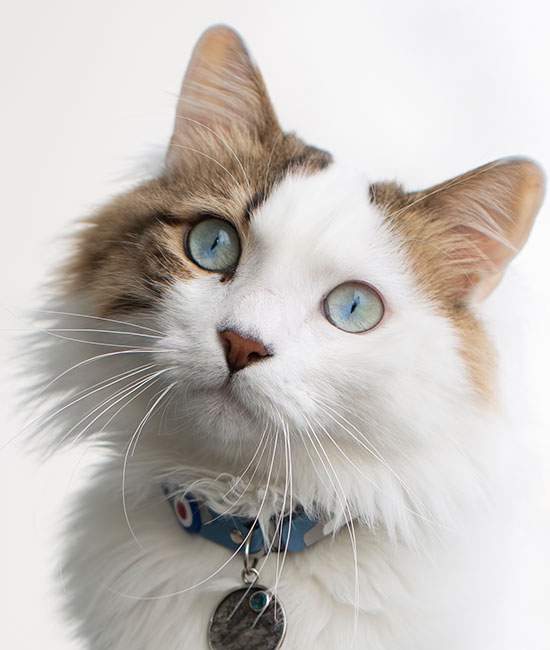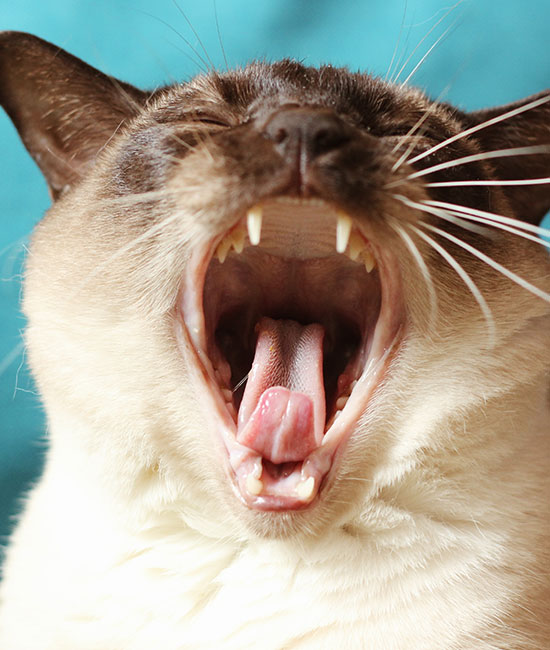
We Are Cat People
At Parker Center Animal Clinic, we are cat people and we have the expertise to treat cats with the specialized care they deserve. We know that cats can become stressed by new people and environments, especially when barking dogs and other animals are around. This is why we offer a cat-only entrance and cat-only exam room to keep your feline friends as calm and comfortable as possible.


Certified Cat Friendly Practice
The American Association of Feline Practitioners has designated PCAC as a Certified Cat-Friendly Practice, recognizing our efforts to provide specific care and resources for felines and their owners. As a cat veterinarian in Parker, we stay up-to-date with the latest information and innovations surrounding feline health, and our cat-friendly staff is experienced with all kinds of feline personalities. Whether your beloved pet is a scaredy-cat or a Casanova, we know how to make sure every cat feels comfortable so you can feel confident in the care they receive.
Feline Health Requirements
Felines have unique health requirements that dictate specialized cat veterinary care, which is why the professionals at PCAC strive to remain educated and informed about the latest technologies and techniques designed to keep your cat healthy and well. Our goal is always to deliver treatments tailored to your pet’s individual needs, and we’re pleased to offer a wide range of feline care services, including:
- Routine, total-body health checkups
- Comprehensive dental care
- Preventive care including vaccines and bloodwork
- Health care packages for kittens and senior cats
- Diagnostics
- Surgical procedures
- Behavioral consultations
- and more
- Routine, total-body health checkups
- Comprehensive dental care
- Preventive care including vaccines and bloodwork
- Health care packages for kittens and senior cats
- Diagnostics
- Surgical procedures
- Behavioral consultations
- and more
What Makes PCAC Special?
When you need a cat veterinarian in Parker that offers the highest quality of care, PCAC delivers. Our friendly, experienced staff always treats you and your pets like family, with caring service designed to meet the individual needs of your pets.
Veterinary care for cats is about more than taking temperatures and administering vaccines – cats are special and they require specialized care and attention. From handling anxious kitties to finding just the right spot behind their ears to scratch, our team at PCAC understands that cats have different needs at the vet than dogs. As a Certified Cat Friendly Practice (by the American Association of Feline Practitioners), our clients have access to cat-specific resources and information. The Cat Community provides you with credible, valuable, and reliable educational information. Visit them at https://catfriendly.com/.
Our team of cat-loving professionals not only has the knowledge and experience to deliver the superior services cat owners expect, but our affinity for felines makes us uniquely qualified to ensure that you and your cat enjoy a positive experience every time you visit PCAC.






